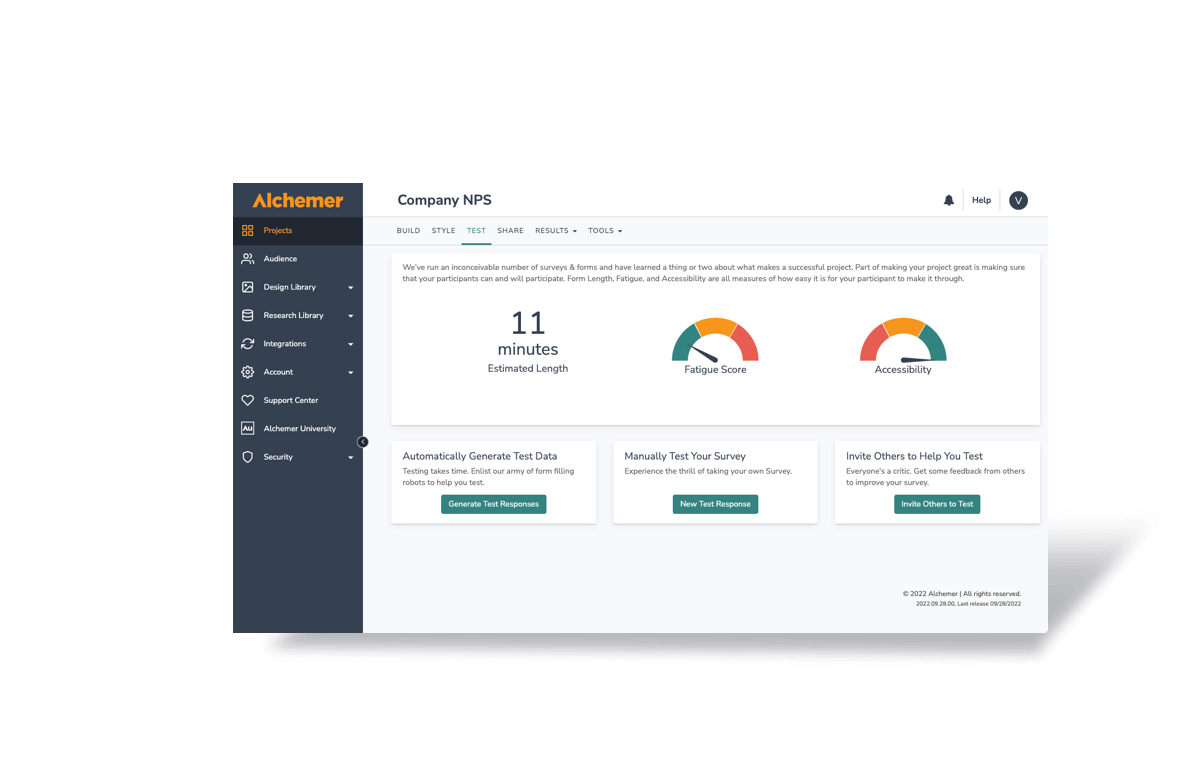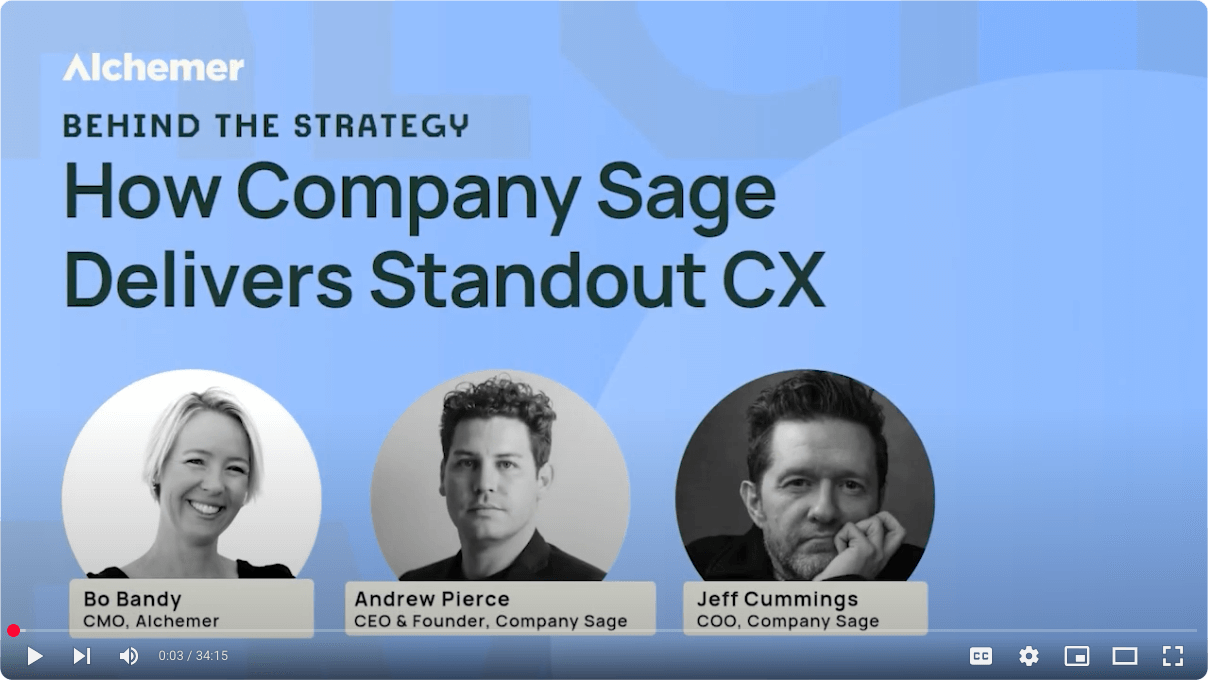by Heather Rollins, Alchemer’s VP of HR
Attracting and retaining employees is difficult; here are steps for what comes after the Great Resignation.
It seems what comes after the Great Resignation is the Great Regret. Job swappers are finding that the new gig is less than they expected.
A new PwC study finds that one in five workers is likely or extremely likely to switch jobs in 2022; a continuation of a trend that started in 2020. Sure, some are satisfied with the move (Bloomberg reports that competition is still fierce for top talent), but many are feeling regret about moving on.
Many who have switched have found the grass not necessarily greener. Job search site the Muse reports that 72% have experienced “Shift Shock” — surprise or regret at the new position or company. Job jumpers are not nearly as happy as they thought they would be.
If you are an HR leader tasked with retaining top talent, this is currently something of a perfect storm. People are still quitting (4M/month for the last year according to Bureau of Labor Statistics reports), but hiring the perfect candidate remains just as difficult, as it has for the past two years.
Here are a few ideas for HR leaders to help keep a better pulse on their current staff, retain top talent, and even generate a few net-new candidates.
Why Workers Regret the Change
A recently released Joblist survey highlights why some people regret quitting their jobs. 26% of “job seekers who quit their previous job” regret their decision, according to Joblist’s second quarter of 2022 report. BusinessInsider reports that the basis for the regret lies in three key areas:
- They quit in hopes of finding a better job — but that didn’t happen.
- The new job simply wasn’t what they thought it would be.
- They miss former colleagues or positions.
Personally, I have moved on from jobs for the same reasons and felt many of the same things. I can hardly blame job-switchers for trying to get the best deal. But likewise, HR leaders should have an honest conversation about the ramifications of these trends.
At Alchemer, we use our survey software and an applicant tracking system to retain and attract top talent. Just this software is enough to start to combat these trends. We’re able to use software and some “elbow grease” to create the type of environment that attracts new workers and feels safe and secure for current employees.
5 Ways to Fight the Great Regret
Here are five things almost any business can do to improve their relationship with employees. If you want to survive and thrive in HR during the Great Regret, you would be well-advised to try these suggestions:
One: Send and report back engagement surveys, then take action. Regular engagement surveys are critical, but it’s just as important to report back the results of these surveys. Our quarterly engagement surveys not only help to collect and track employee sentiment, but they lead to company-wide goals for the following quarter. Tracking patterns and using these to create our action items for the future helps to quell dissatisfaction and promote trust. Reporting back our progress on action items reinforces these messages and holds our teams accountable.
Two: Send and act on pulse surveys. In a recent Spiceworks article, I mentioned how pulse surveys can encourage trust and reduce stress in the workplace. At Alchemer, we regularly pair engagement surveys with less-formal pulse surveys to get more recent and sometimes passionate responses. Oftentimes, we get ahead of any feelings of resentment before they turn into bigger issues.
Three. Promote internally. One of the best ways not to lose top talent is by helping them understand the corporate structure they can now climb. Internal promotion sends a strong message to both the employee and those around them about the type of opportunities that exist at the company. (Last year, Alchemer celebrated 27 internal promotions, a new record for us.)
Four: Establish contact with former employees. None of the regrets listed above sound strange to me; I wouldn’t fault someone for trying to get a better job or hoping a job would be something more than it is. Former employees can be a valuable source of new applicants — either directly or indirectly. Alchemer has hired several boomerang employees. I encourage managers to stay in touch with top talent who have left, knowing the move may not be permanent.
Five: Promote your benefits via the employee’s channel of choice. We made sure our benefits platform acted as a robust communication channel, ensuring employees could make more-informed decisions. We pair that with regular emails and Slack messages. By doing so, we provide a valuable resource to employees, but we also subtly promote our benefits as a reason to stay.
HR during Unpredictable Times
It is end of Q3 2022 — our situation has changed. Rather than ease off the pressure, I would argue the job market has gotten more difficult in a nuanced way.
Now, virtually everyone who wants to work is able to work. But economic and political uncertainty has increased. Bloomberg Economics’s model says there’s a 100% probability there will be a recession by the start of 2024. Uncertainty is increasing. Things are heating up rather than cooling down for those interested in still working.
HR teams will be pressured to retain top talent and attract new stars to the organization in a very tough environment. I recommend that HR leaders use their technology and time to stay close to employees using these five tips. No one expects to be part of the Great Regret, but there are ways to survive and thrive during these interesting times.




